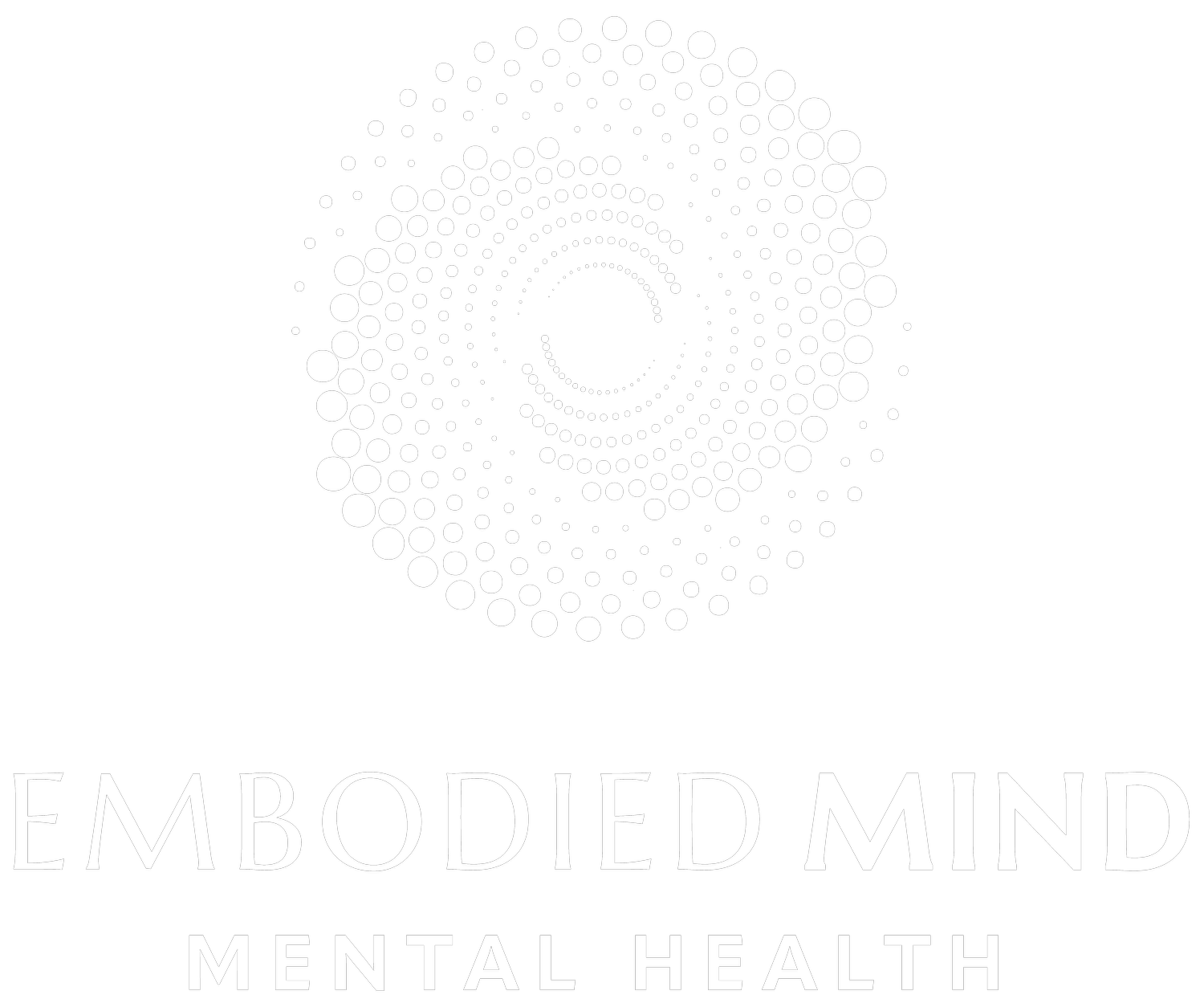
OUR TREATMENTS
Traumatic experiences from the past may
manifest presently in a number of ways:
Anxiety/panic
A loss of a sense of the future/hopelessness
Irritability
Loss of interest
Little or no memories
Restlessness/insomnia
Feeling unreal or out of body
Fear/hypervigilance/mistrust
Loss of sense of “who I am”
Numbing
Tumultuous relationships
Out of control sexual behavior
Nightmares/flashbacks
Addiction/disordered eating
Low self-esteem
Compulsive tendencies
Self harm
Intense anger
Chronic pain/headaches
tumultuous relationships
When confronted with traumatic experiences, especially as children, we may not have specific memories of these events. Often however, these memories manifest as physical, emotional, and behavioral symptoms. Too often we dismiss these symptoms as predispositions, blaming ourselves for our behavior or emotional patterns, though often these symptoms are in response to traumatic experiences of the past.
Our nervous system is affected by events that threatened the integrity of our life. In response, we attempt to defend ourselves the best ways we can. Over time, our nervous system becomes dis-regulated, fluctuating from sympathetic response (fight, flight, or freeze: anger, restlessness, anxiety) to parasympathetic response (feigned death: lethargy, depression, numbing, dissociation).
In an attempt to create some stability, we interact with our world in a number of ways. We may turn to alcohol to help down regulate, or a stimulant, shopping, sex, or eating, to up regulate our nervous system to feel “stable”.
Often it is the symptom (i.e drinking alcohol) that is indicative of trauma rather than the problem itself. At the point where the behavior is no longer serving (i.e. alcoholism) people typically seek help.
With trauma recovery, we help you integrate the body and the mind, as opposed to traditional ‘talk therapies” that solely focus on thoughts and behavioral change. So often people with trauma histories or experiences report feeling disconnected from their bodies or even disgusted towards their bodies.
Influenced by the work of Judith Herman, the Noeticus Counseling Center and Training Institute, and the Sensorimotor Psychotherapy Institute we provide trauma treatment through 3 phases of treatment:
1
Safety and stabilization-Clients learn to develop an awareness of nervous system activation and cultivate specific resources to help regulate emotions, body sensations, and thought patterns.
2
Processing Traumatic Memory-Clients learn to strengthen their capacity for intentional regulation learned in Phase 1 while expanding their capacity to stay present to a wider range of physiological, emotional, and thought states. Client's access the procedural memories of traumatic experiences and discover defense strategies to complete action defenses and thus restabilize and calibrate their nervous system.
3
Integration, Meaning Making-Clients discover meaning based on their past experiences and widen their narrative of their current life, relationships, and potential.
As you work with our trained clinicians, you can:
Generate resources and tools to help you tolerate intense emotions, behaviors, and thoughts
Develop curiosity and mindfulness to how your body and mind hold memories of your past experience(s),
Increase body awareness and acceptance of the present moment experience,
Expand your capacity to tolerate distress, regulate emotions, and decrease reactivity,
Integrate body memory of trauma with emotions and self defeating beliefs,
Move through stuck patterning of trauma by completing unresolved defensive tendencies, and
Acquire new tools to work with and through traumatic symptoms in your daily life.
We treat a variety of relationships to substances and behaviors that perpetuate concerns in our clients' lives. These may include:
Marijuana, alcohol, benzodiazepine, cocaine, or methamphetamine use, abuse, or dependence
Out of control sexual behaviors including on-line cruising, masturbation, pornography, chronic infidelity
Out of control gambling, shopping, spending, or eating behaviors
Relationship dependency

recovery process integrates four components
We work from a philosophy that posits these behaviors as ways humans have learned to cope with life experiences, emotions, traumas, and relationships; ways to provide temporary relief from distress, disconnection, and overwhelming emotions and/or memories. However, over time, these behaviors no longer serve and people seek help or are urged to seek help by their loved ones. Eventually the consequences from engaging in these behaviors outweigh the benefits though one may feel helpless in creating any type change.
-
Prior to initiating behavioral change, we support clients in mindful observation of these patterns, helping to elicit curiosity rather than judgment. Often shame, guilt, fear, and denial initiate the change process, though when unaddressed, these emotions perpetuate the pain and thus the behavior. Not until one accepts themselves as they are, true change can occur. As client's engage in treatment, understanding how the behavior serves them emotionally, socially, and physiologically, we can start to develop resources to provide the function of the behavior and thus displace it. Once diligent mindfulness has been acquired, learning practical strategies and resources to cope with urges become a focus of treatment.
-
While not appropriate for everybody, group, family, and relational therapy is often an integral part of the change process. Group therapy is a collaborative way for clients to engage with others who are going through a change process in their lives. Hearing from others while acquiring practical skills, dissolves the isolation so often a part of recovery. Family and relational therapy are also often an essential component to treatment. When all components to a system are communicating, then the system is inherently self-correcting and self-directing and has inherent wisdom of its own.
-
Often, personal histories of trauma are at the root of addictive, compulsive, and out of control behaviors. When left unaddressed, behavior change becomes unsustainable and overwhelming. Without learning to cope with the dynamics of one's trauma history, one painful behavior is often supplanted by another ad nauseum. Therefore, trauma treatment is an integral part of the change process and is integrated into services at Embodied Mind NYC.
-
When one is ready to engage in an active change process, external accountability can be a necessary part of maintaining a different approach to life. Receiving accountability apart from the client's social system eases the tension change can create on others. Having clear, concrete, attainable goals, day to day and week to week, are a part of any treatment plan moving forward. Through groups and individual therapy, client's learn to hold themselves accountable to make choices in their lives congruent with their goals and intentions.
Embodied Mind Mental Health Counseling PLLC is recognized by the New York State Education Department’s State Board for Mental Health Practitioners as an approved provider of continuing education for licensed mental health counselors. #MHC-0186
